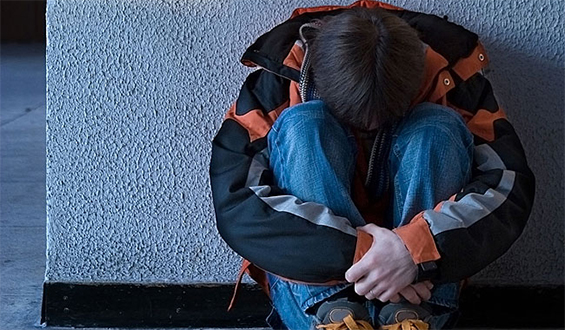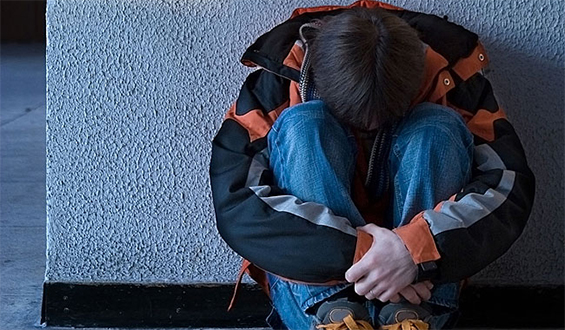
A new survey published at the beginning of Children’s Mental Health week reports that two-thirds of the United Kingdom’s elementary students do not have a counselor at their school.
The poll of 1,500 school leaders also found that most of the schools that do have a counselor on site only offer these services to their students one day a week. In some cases, they are offered even less often.
Announced by the National Association of Head Teachers and mental health charity Place2Be, the survey suggests that one of every five students will experience at least one mental health issue by the time they are 11. In addition, the majority of adults with lifetime mental health problems find that symptoms occurred during their childhood.
Head teachers throughout England have listed student well-being and mental health among their top concerns, writes Russell Hobby for The Yorkshire Post.
Almost all of the participating schools said they promoted activities that support the mental health of students such as working with parents in 86% of schools, while 63% of schools said that lessons on mental health were taught.
The survey also discovered a number of issues that make it difficult to put professional mental health support in place for students. Financial constraints were found to be the most common reason for schools who did not already have a counselor in house, with 77% citing this reason for a lack of services. This was closely followed by poor access to qualified local professionals at 61%, and unavailable physical space within the school building at 46%.
Place2Be’s chief executive Catherine Roche said: “The vast majority [of primary schools]are already working hard to support them so that they’re ready to learn and can get the most out of their education. But teachers are not counsellors, and sometimes schools need professional support to make sure that problems in childhood don’t spiral into bigger mental health issues later in life.”
The research comes out at the same time as Place2Be begins its second Children’s Mental Health week, launched by the Duchess of Cambridge. She appeared in a special video saying that both she and the Duke of Cambridge felt all children should have the support they need through the difficult times in their lives. The video also features four children who have all participated in Place2Be’s “whole school” approach to good mental health, a service available to children would like to talk and have help understanding issues they are currently facing, writes Lucy Sherriff for The Huffington Post.
The Plymouth Herald reports that mental health issues are increasing among children and teenagers in the area, who are dealing with a variety of pressures relating anxiety and depression, body issues, and the impact of drugs, alcohol and social media.
The number of young people referred to the Children and Adolescent Mental Health Service (CAMHS) in Plymouth has reached its highest level in five years, increasing by over 400 in 2015 to 2,239. According to City GP Ben Jameson, many are facing being placed on a six-month waiting list for therapy as CAMHS struggles to handle the increasing demand.




